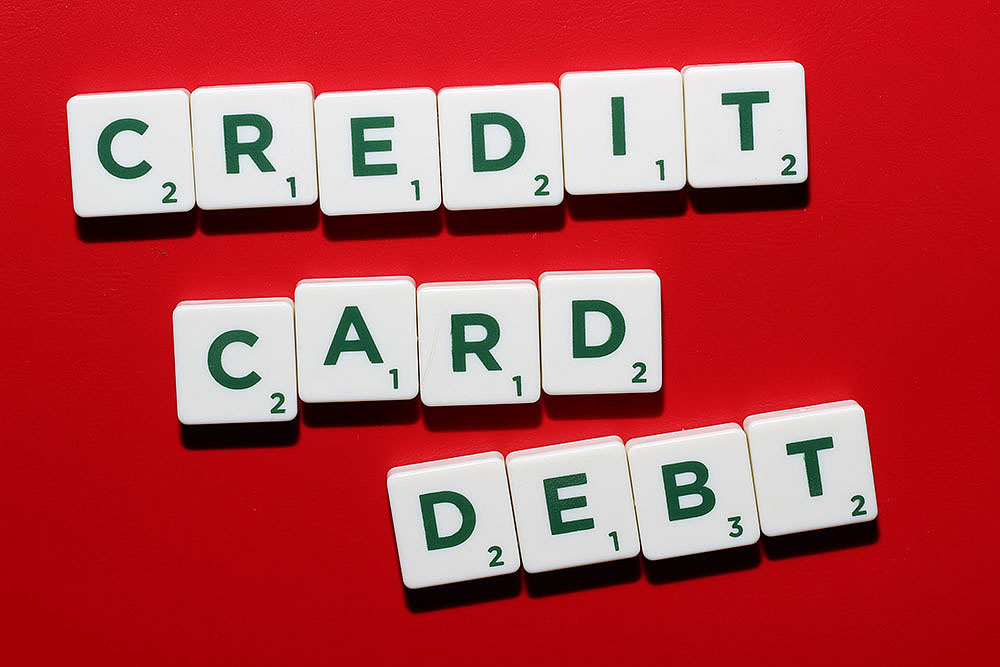
7 Solid Ways to Consolidate your Credit Card Debt
Debt Consolidation
Credit cards are the leading cause of accumulated debt and financial crisis among the general public. Most people are drowning in credit card debts and can’t seem to manage it until it’s too late and out of control.
For starters, the problem starts with unchecked spending. But what has already happened cannot be undone, so what we will focus on next is how to consolidate credit card debt and make it easier to pay it off.
Debt consolidation is basically getting a loan to pay off all your debts and then focusing on just the one loan with a preferably low interest rate. This is by far the most effective strategy to pay off your loans on an interest rate as low as zero percent. You can also find consolidation plans that have small monthly payments and easier repayment timings.
- Bad credit loan
Haven’t been meeting payments and your credit score is falling towards the lower side of the scale, then worry not. You can still apply for a loan but this will be called a bad credit loan. You can apply at your local credit union and consolidate your credit card debt with the bad credit loan.
- Do it yourself
You can save on the service fees and actually opt to do it yourself. You can transfer all the accrued debt on all your credit cards onto one card. For this to happen, you need to make sure that the credit limit on that particular credit card is big enough to accumulate all your debt. Once this is done, you will then have only one single credit card bill to deal with. You can choose the one with the lowest interest rate. You need to make sure that you will actually be saving some money in the process because if not, then the opposite is no good and a waste of resources.
- Just the big ones
If you have too much debt and all of it cannot be accrued on one, then you can simply choose the biggest debts and accrue them on the lowest interest rate. Once again, you need to make sure if the numbers are making sense and that you will actually save some money on your overall interest costs.
- Apply for a debt consolidation loan
We talked about this above and this is one of the best ways to make loan repayments easier. Chances are you have a bunch of credit cards and all of them are on different interest rates, accruing large sums of money as interest costs. You can apply for a debt consolidation loan, which will cover all your present debt. Once everything is paid off, you will only be left with one loan to deal with, the consolidation loan itself. You can borrow this from either a major bank, a non-profit debt consolidation company or a credit union.
- Borrow from retirement plans
There is a good chance you have a retirement fund waiting somewhere which looks like heaps on money piled up and out of reach. You can actually borrow against your retirement plans but this opportunity comes with its own set of cons. Just make sure you have a plan on how to pay this off without any glitches otherwise you will be facing early withdrawal penalties.
- Borrow a life insurance policy
When options are running low and debts have to be paid, then this is also one way of consolidating your credit card debt and then watch how much you swipe it in the future. This is more of a last resort kind of a deal. You can borrow up to the cash value of your loan and use this money to consolidate your credit card debt. If the loan is lesser than the cash value, then maybe the insurance company may not require you to make repayments but it is strongly recommended that you do so. If the loan is not repaid, then the value of the loan will be deducted from the death benefit of your life insurance, the one which is supposed to provide benefit to your family or other survivors after your death.
- Borrow against home equity loan
One of the ways to pay off your credit card debt is by borrowing against you’re the equity in your home using a home equity loan. The best part about this loan is that it can be paid off over the period of time. This kind of loan is pretty similar to credit card debt itself, easy to borrow against as well as repay.
Once you have consolidated your credit card debt, you need to make sure you make repayments in a timely manner. Moreover, you need to make sure that you manage your finances in such a way that you do not end up in the same financial position that got you in this position in the first place.